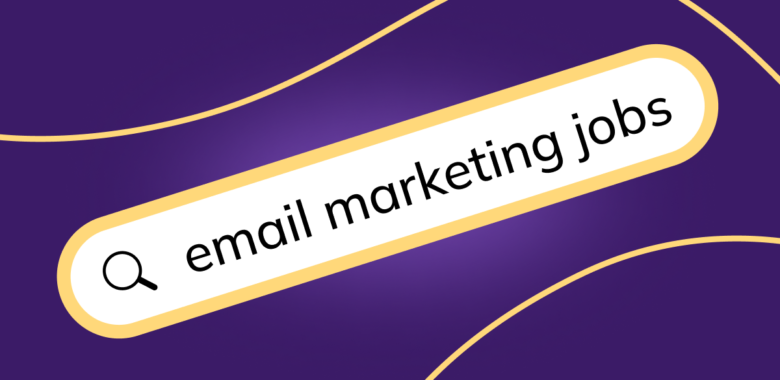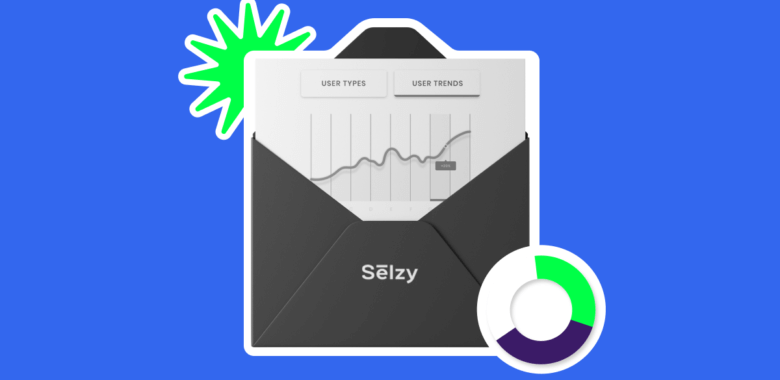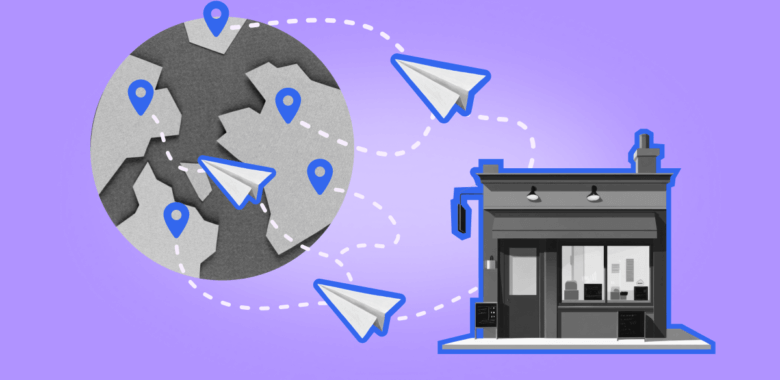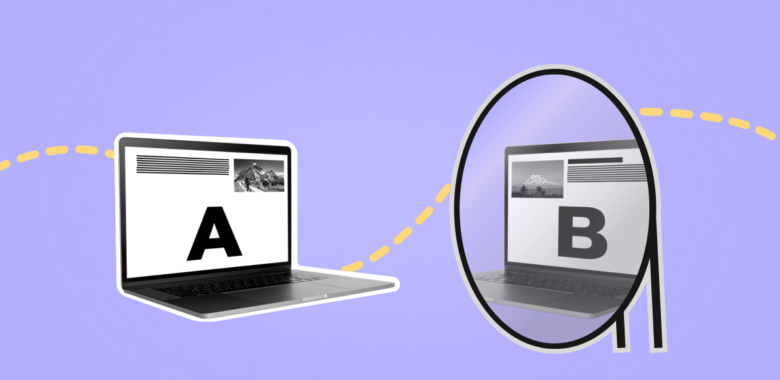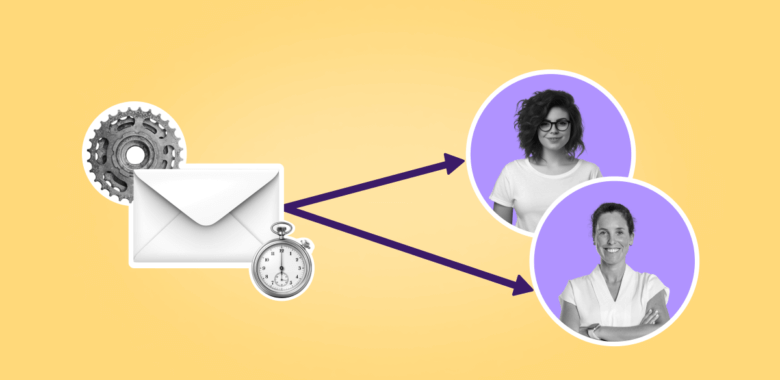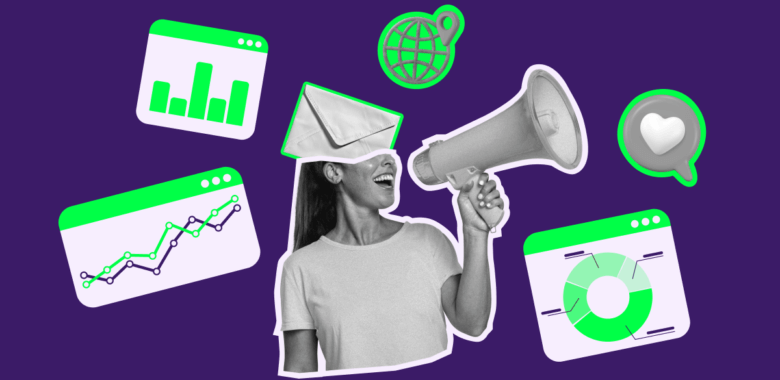Anna Gelfand
Lifecycle Marketing Lead at Miro
As email marketing is teamwork, it involves analysts, designers, copywriters, and a strategist who is an ideologist. So, newbies do everything connected with the life cycle of an email: how to build and design it, who to work with inside the team, and who to send it to (segmentation basics).
If you were a newbie, I would ask you to prepare a monthly newsletter. First, we would brainstorm ideas about how we do it: what goals and hypotheses we have, how we want to satisfy both the business and our users, by what means we achieve this, what we want to say and why, and how everything would be measured. Second, the design stage comes: how we pack our idea into the final letter and how we send it.
